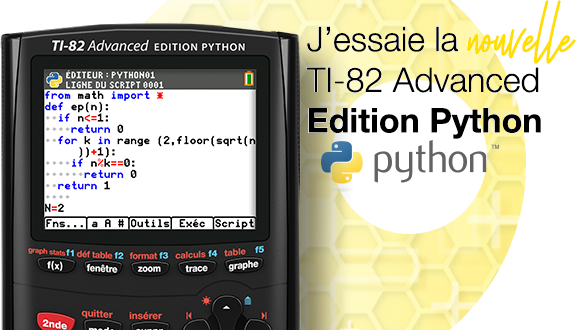DrDnar wrote:You're probably right, but I still think there is value in making it clear that the community prefers to play nice. At the very least, it makes us look reasonable. And this is something people can cite to curmudgeonly teachers to say that we're a bit more sophisticated than games and cheating.
Being nice does not imply being push-overs.
I've written extensively on Cemetech my views on the matter in a coherent, extensive, argumented and straightforward way. Assuming Texas Instruments' acts were truly done in good faith would require that they are utterly out of touch with their power users and completely ignorant of elementary, well-understood principles of cyber-security.
I don't buy it. Therefore I'm calling them out for hypocrisy with facts to prove my point.
DrDnar wrote:As to suggestions that Python could run natively on the eZ80, I am a bit skeptical that performance would be acceptable, but I suspect the eZ80 actually can handle it if the CPU wasn't sitting idle 75 % of the time waiting on bus stalls. (No, really, if you didn't know, the CPU in the CE actually spends most of its time stalled due to poor hardware design. 75 % is a massive improvement over the > 90 % of the pre-2019 models.)
I expect the biggest problem would be the lack of a modern toolchain capable of compiling MicroPython for the ez80, since that's the only sane option I can think of that does not require new hardware. Which is ironic because Jacobly is working on a ez80 backend for LLVM and TI just removed the whole point of this endeavor. Performance-wise, I don't know enough about TI calculators to guess an estimation, but surely an ez80-based solution can muster a fill rate faster than 48 pixels per seconds for put_pixel() and more than 17 KiB of heap to spare.






















































